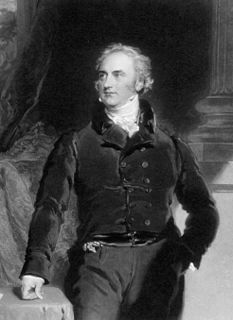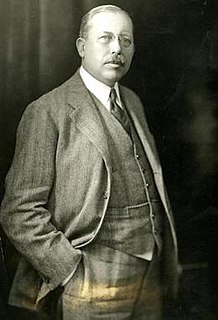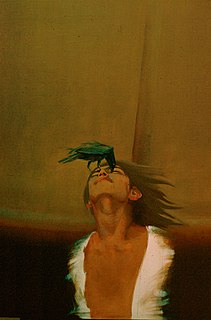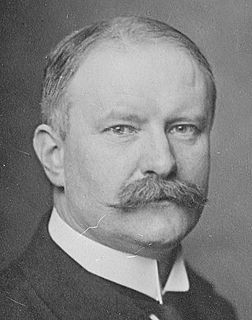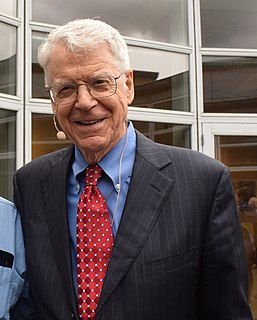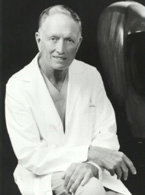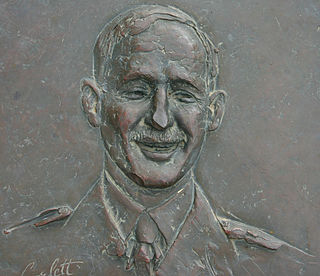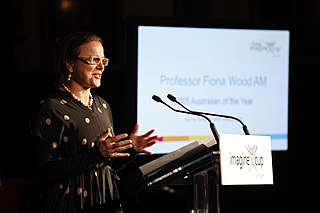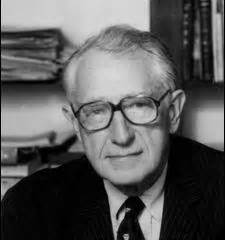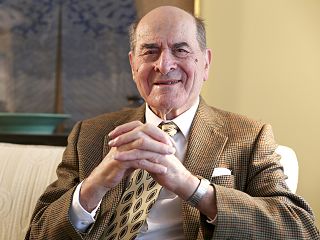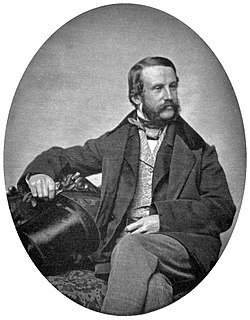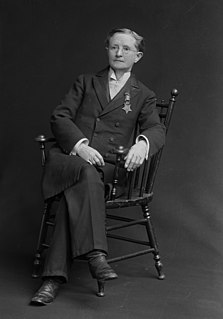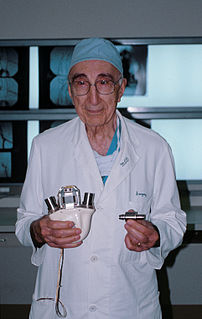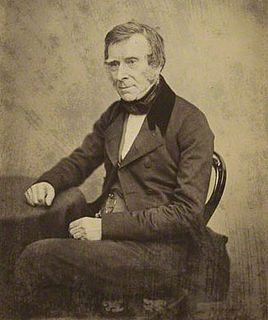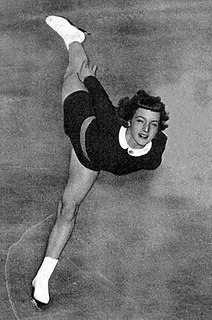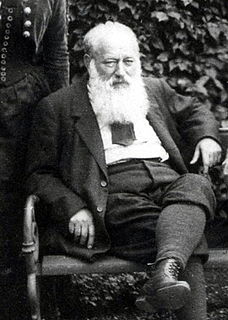A Quote by Astley Cooper
Nothing is known in our profession by guess; and I do not believe, that from the first dawn of medical science to the present moment, a single correct idea has ever emanated from conjecture: it is right therefore, that those who are studying their profession should be aware that there is no short road to knowledge; and that observation on the diseased living, examination of the dead, and experiments upon living animals, are the only sources of true knowledge; and that inductions from these are the sole bases of legitimate theory.
Quote Topics
Animals
Aware
Bases
Believe
Conjecture
Correct
Dawn
Dead
Diseased
Ever
Examination
Experiments
First
Guess
Idea
Knowledge
Known
Legitimate
Living
Medical
Medical Science
Moment
Nothing
Observation
Only
Our
Present
Present Moment
Profession
Right
Road
Science
Short
Should
Single
Sole
Sources
Studying
Theory
Therefore
Those
True
True Knowledge
Related Quotes
There are obviously two educations. One should teach us how to make a living and the other how to live. Surely these should never be confused in the mind of any man who has the slightest inlinkng of what culture is. For most of us it is essential that we should make a living... In the complications of modern life and with our increased accumulation of knowledge, it doubtless helps greatly to compress some years of experience into far fewer years by studying for a particular trade or profession in an institution.
All our knowledge hast its origins in our perceptions … In nature there is no effect without a cause … Experience never errs; it is only your judgments that err by promising themselves effects such as are not caused by your experiments … Science is the observation of things possible, whether present or past; prescience is the knowledge of things which may come to pass.
But the idea of science and systematic knowledge is wanting to our whole instruction alike, and not only to that of our business class ... In nothing do England and the Continent at the present moment more strikingly differ than in the prominence which is now given to the idea of science there, and the neglect in which this idea still lies here; a neglect so great that we hardly even know the use of the word science in its strict sense, and only employ it in a secondary and incorrect sense.
Knowledge signifies things known. Where there are no things known, there is no knowledge. Where there are no things to be known, there can be no knowledge. We have observed that every science, that is, every branch of knowledge, is compounded of certain facts, of which our sensations furnish the evidence. Where no such evidence is supplied, we are without data; we are without first premises; and when, without these, we attempt to build up a science, we do as those who raise edifices without foundations. And what do such builders construct? Castles in the air.
Whatsoever causes no annoyance when it is present, causes only a groundless pain in the expectation. Death, therefore, the most awful of evils, is nothing to us, seeing that, when we are, death is not come, and, when death is come, we are not. It is nothing, then, either to the living or to the dead, for with the living it is not and the dead exist no longer.
From the dawn of exact knowledge to the present day, observation, experiment, and speculation have gone hand in hand; and, whenever science has halted or strayed from the right path, it has been, either because its votaries have been content with mere unverified or unverifiable speculation (and this is the commonest case, because observation and experiment are hard work, while speculation is amusing); or it has been, because the accumulation of details of observation has for a time excluded speculation.
The process of inner self-examination brings about a knowledge that is as rigorous and supported by evidence as anything science has to offer. At the same time, this point of view redefines faith as a knowledge that is attained not only by intellectual means, but also through the rigorous development of the emotional side of the human psyche. Such emotional knowledge is unknown to the isolated intellect and has therefore been mistakenly labeled as "irrational."
It seems to me of great importance to teach children respect for life. Towards this end, experiments on living animals in classrooms should be stopped. To encourage cruelty in the name of science can only destroy the finer emotions of affection and sympathy, and breed an unfeeling callousness in the young towards suffering in all living creatures.
We live in a scientific age, yet we assume that knowledge of science is the prerogative of only a small number of human beings, isolated and priestlike in their laboratories. This is not true. The materials of science are the materials of life itself. Science is part of the reality of living; it is the way, the how and the why for everything in our experience.
